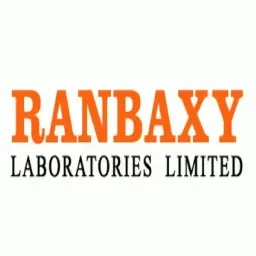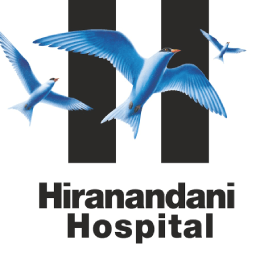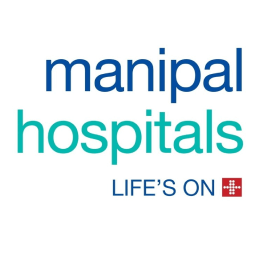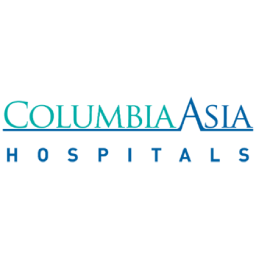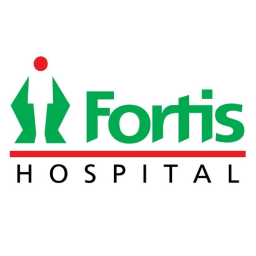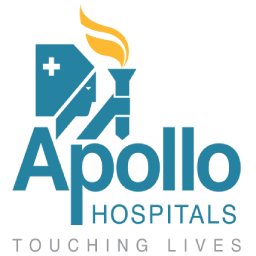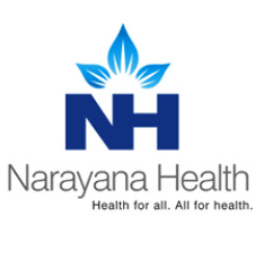Top Diploma in MLT Colleges in Bangalore
There are many best Diploma in MLT colleges in Bangalore, and these colleges have a good practical exposure in the hospital labs as well. The majorly established colleges include:
- St. John's Medical College - Bengaluru
- Vydehi Institute of Medical Sciences and Research Centre
- Acharya Institute of Health Sciences
- East Point College of Allied Health Sciences
- Krupanidhi Group of Institutions
They all have a really good record of academic excellence, infrastructure, and clinical training through hospital tie-ups.
Admission Process
The admission process for Diploma in MLT colleges in Bangalore usually includes the following steps:
- Application Submission through online application pages or from admission offices.
- Eligibility Check based on marks in 10 + 2 science.
- Merit-based Selection or applying against the entrance test (variables by institutions).
- The final step is Document Verification and payment of Fees.
Fees Structure
In Bangalore, fees for Diploma in Medical Laboratory Technology (MLT) courses generally fall between ₹40,000 to ₹1,50,000 for a period of one year, depending on their institution, structure, and facilities. Naturally, the medium to low-fee structures are found at government colleges and high fee structures tend to be found at private paramedical colleges that have reasonable laboratory structures, modern laboratory equipment, and hospital tie-ups. Some institutes simply provide flexible payment options, through either a scholarship (scholarships) for a deserving candidate, or through an agreement to help finance their fee payment. Overall, the fee structure fits somewhere in the range of training and career potential in the healthcare space.
Difference between BSc MLT and Diploma in MLT
Here is a straightforward and simple comparison of B.c MLT (Bachelor of Science in Medical Lab Technology) students and Diploma in MLT (Medical Lab Technology) students:
|
Feature |
BSc MLT |
Diploma in MLT |
|
Duration |
3 to 4 years |
1 to 2 years |
|
Eligibility |
10+2 with Science (Physics, Chemistry, Biology) |
10+2 with Science (some colleges accept 10th pass) |
|
Course Level |
Undergraduate Degree |
Diploma/Paramedical Course |
|
Depth of Study |
More in-depth (theory + advanced practicals) |
Focused on basic lab techniques and skills |
|
Career Opportunities |
Higher positions (Lab Manager, Technologist) |
Entry-level roles (Lab Assistant, Technician) |
|
Further Education |
Eligible for M.Sc., Ph.D., or other postgraduate |
Limited options, can later pursue BSc |
|
Cost |
Generally higher |
Generally lower |
|
Job Scope |
Hospitals, research labs, diagnostic centers |
Diagnostic labs, small clinics, hospitals |
Placements of Diploma in Medical Lab Technology Colleges in Bangalore
Career opportunities are available in government and private hospitals, health care clinics, medical pathology laboratories, research laboratories, blood banks, nursing homes, pathology laboratories and social welfare organizations. Potential career roles:
- Laboratory Technician
- Medical Officer
- Research Associate
- Medical Record Technician
- Lab Assistant
- Laboratory Testing Manager
- Associate Professor/Lecturer
- Hospital Outreach coordinator
- Laboratory Information System Analyst
- CT Scan Technician
- MRI Technician
Summary:
- Choose BSc MLT if you want to get advanced training and have a long-term career in lab technology with many opportunities for growth.
- Choose a diploma in MLT if you want to quickly enter the workforce with entry-level lab skill training.
Career Scope After Diploma in MLT
There is a high demand for Graduates of the Diploma in Medical Laboratory Technology in hospitals, diagnostic laboratories, as well as research centres.
Roles of Employment for Diploma Graduates:
- Medical Laboratory Technician
- Lab Assistant
- Pathology Technician
- Blood Bank Technician
- Clinical Laboratory Supervisor
Areas of Employment:
- Government and private hospitals
- Diagnostic laboratories
- Research laboratories and pharmaceutical companies
- Public Health Organisations
Average Salary After Diploma in MLT
The average starting salary for a Diploma in MLT professional is between ₹2.5 LPA to ₹4.5 LPA, depending upon the skills, experience, and workplace. It can go up upon further studies or with experience.
Why Choose Bangalore for a Diploma in MLT?
- Excellent MLT colleges with modern labs
- Good chances for internships in reputed hospitals such as Apollo, Fortis, and Manipal hospitals
- Bangalore is a hub for medical research and diagnostics, which gives ample opportunity for career growth
- The education and support services are relatively low-cost
Higher Studies After Diploma in MLT
Students who complete a diploma may pursue higher studies by choosing to take:
- BSc in Medical Laboratory Technology (BMLT)
- BSc in Biotechnology, Microbiology or Biochemistry
- Postgraduate Diploma or MSc in Medical Laboratory Technology
Due to the nature of higher studies available, career captures are endless in research & academics.
Conclusion
The Diploma in Medical Laboratory Technology (MLT) course in Bangalore is a fantastic option for students looking to have a career in the field of health diagnostics. The program provides a good balance of theory, practical training and industry exposure to ensure that students develop skills for the workforce. From understanding diagnostic processes and using lab machinery, to helping doctors identify disease, the course will prepare students for varied and fulfilling careers in medical labs, hospitals and diagnostic centres.
Bangalore is one of the best cities when it comes to health care and medical education; therefore, you will have access to modern hospital facilities, excellent mentors and many industry connections. With the rise in demand for medical lab technicians, students completing a Diploma in MLT in Bangalore will have opportunities for good placements and career growth in India and overseas.

